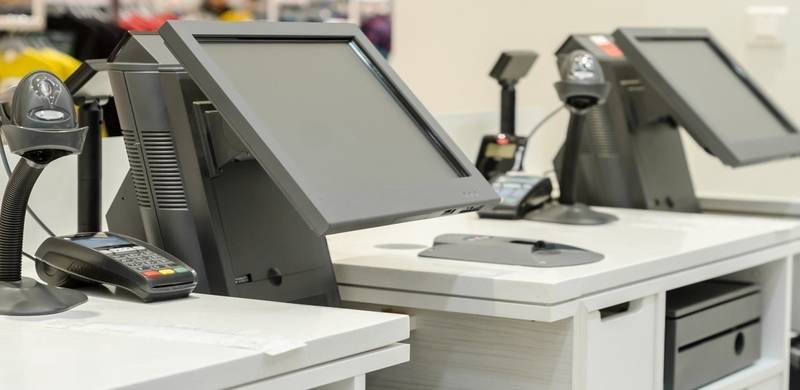
Islamabad
The Federal Board of Revenue (FBR) has decided to extend the scope of the Invoice Monitoring System to beauty parlours, bakeries, grocery stores, and retail outlets. The move is aimed at curbing the theft of sales tax.
According to a report in Express Tribune, the pilot project would be launched in the capital whereby electronic Invoice Monitoring Systems would be installed at beauty parlours, bakeries, and grocery stores to figure out their actual sales.
Following the initial phase in Islamabad, the system would be initiated across the country.
The FBR took the decision at a high-level meeting in which the installation of the Invoice Monitoring System (IMS) was discussed. Updating the IMS and converting it to a real-time system also came under discussion during the meeting.
Sources informed media that more than 300 restaurants have been installed with the web-based Invoice Monitoring System. They said that the pilot project task had been given to Regional Tax Officer Islamabad by the FBR. Moreover, the federal government had set the categories based on electricity and gas bills threshold and the tax was being collected on the basis of the said categories.
Furthermore, through the IMS, the computer systems of restaurants were being integrated with the FBR headquarters and data from restaurants was being transferred to the revenue authority in real time.
The Federal Board of Revenue (FBR) has decided to extend the scope of the Invoice Monitoring System to beauty parlours, bakeries, grocery stores, and retail outlets. The move is aimed at curbing the theft of sales tax.
According to a report in Express Tribune, the pilot project would be launched in the capital whereby electronic Invoice Monitoring Systems would be installed at beauty parlours, bakeries, and grocery stores to figure out their actual sales.
Following the initial phase in Islamabad, the system would be initiated across the country.
The FBR took the decision at a high-level meeting in which the installation of the Invoice Monitoring System (IMS) was discussed. Updating the IMS and converting it to a real-time system also came under discussion during the meeting.
The system works in a way that after the installation of the system, a copy of the invoice issued to the consumers is electronically transferred to the concerned FBR office. The bureau’s sub-offices would be able to not only know the actual sales of the outlets falling in their jurisdiction, but the revenue authority would also be aware of the data of sales tax charged on each consumer.
Sources informed media that more than 300 restaurants have been installed with the web-based Invoice Monitoring System. They said that the pilot project task had been given to Regional Tax Officer Islamabad by the FBR. Moreover, the federal government had set the categories based on electricity and gas bills threshold and the tax was being collected on the basis of the said categories.
Furthermore, through the IMS, the computer systems of restaurants were being integrated with the FBR headquarters and data from restaurants was being transferred to the revenue authority in real time.
